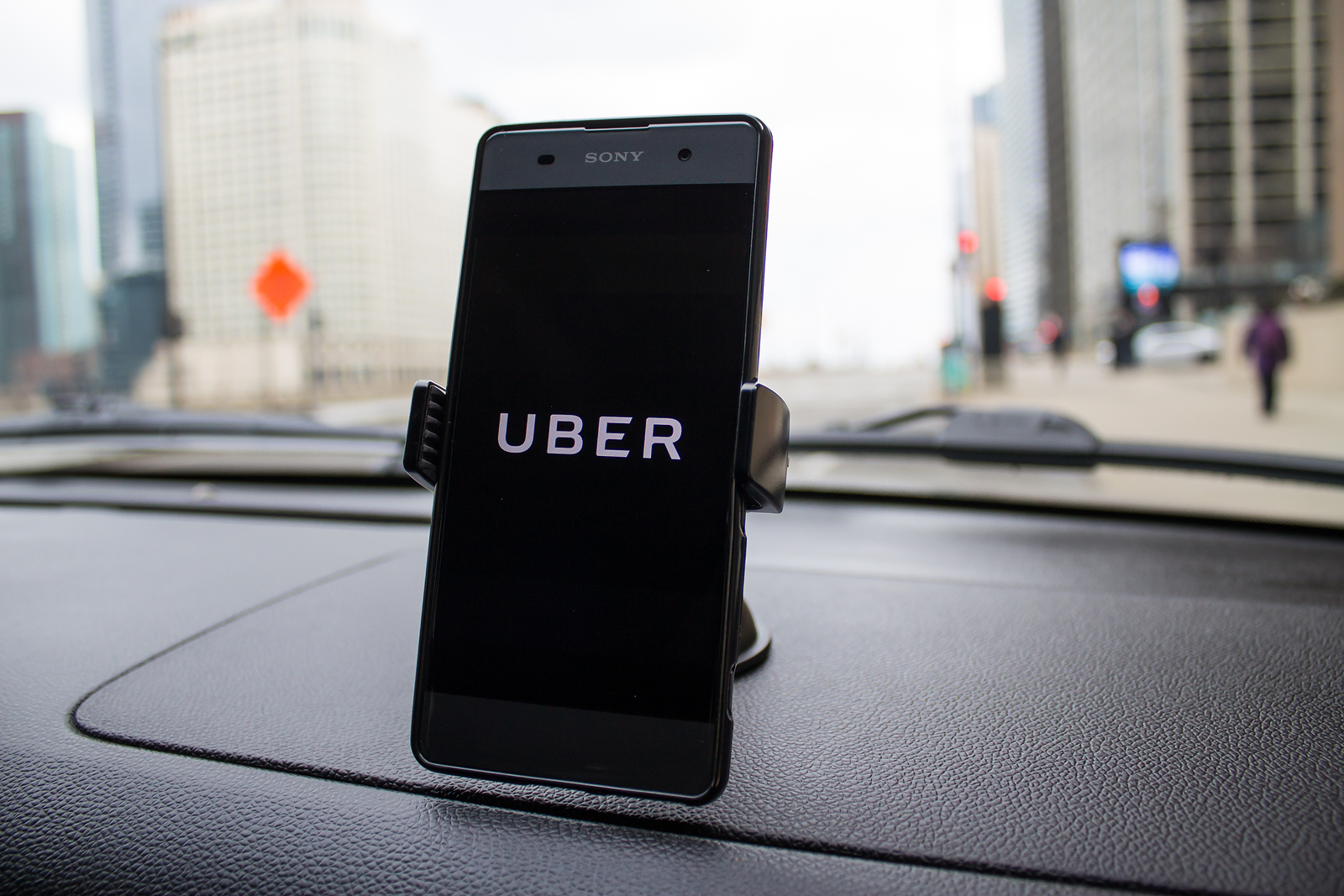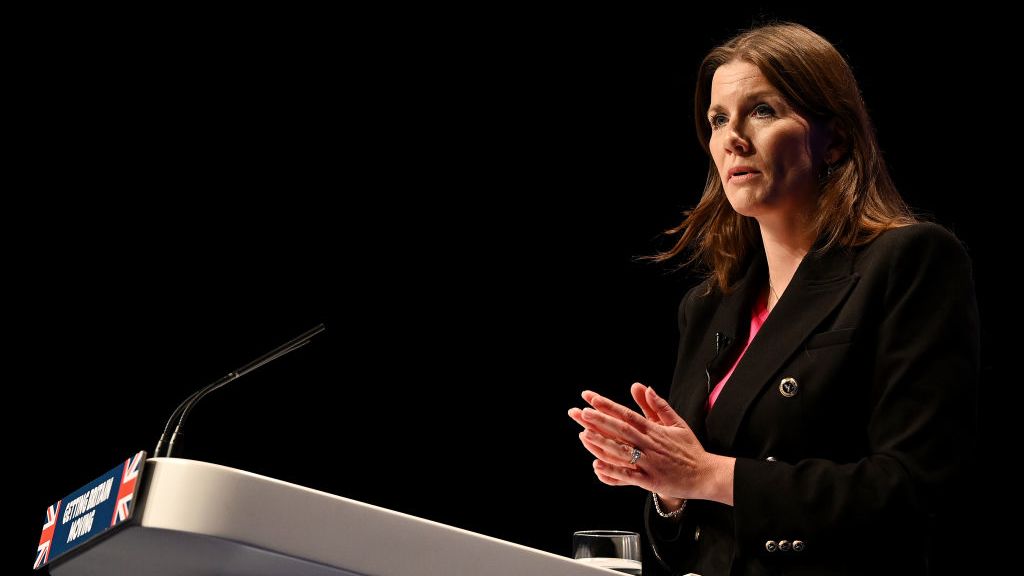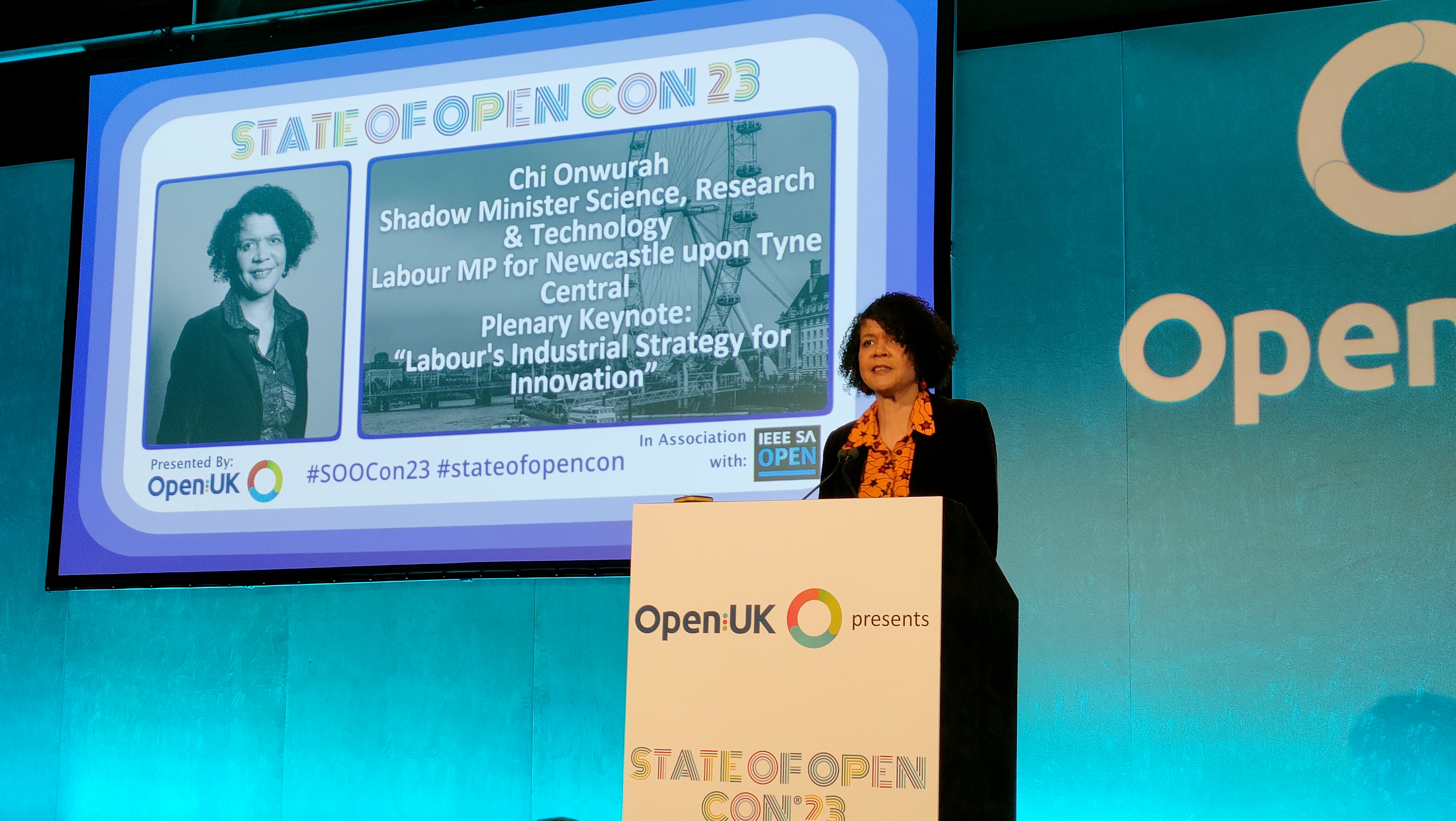Court orders Uber and Lyft to consider drivers as employees
California judge sides with state and city attorneys on preliminary injunction about how to classify gig workers


Uber and Lyft have ten days to file an appeal against an injunction from a California court ruling which says the companies' drivers aren't contractors but employees.
The case centres on Assembly Bill 5, a law passed last year that requires companies to consider drivers or other gig workers as their own employees rather than contractors, which is a designation that should now only be used for tasks deemed outside the usual course of business.
For Uber and Lyft, driving is clearly a core part of their ride-share businesses, but they have long argued they offer a platform for workers to operate rather than directly employing drivers.
In May, a lawsuit was brought against Lyft and Uber for failing to reclassify their workers as required by the new regulation. The lawsuit was brought by LA, San Diego, San Francisco and state attorney general Xavier Becerra.
This latest ruling, by Judge Ethan Schulman, grants a request for an injunction against the companies, stopping them from classifying their workers as contractors. According to Reuters, the judge's decision said it was overwhelmingly likely that the plaintiffs could prove that classification was contrary to the new law, and said Uber and Luft and been "brazen" in their refusal to meet such laws.
"It's this simple: defendants' drivers do not perform work that is 'outside the usual course' of their business," the judge wrote in his ruling, referencing the requirements of the Assembly Bill 5 law.
"Defendants' insistence that their businesses are 'multi-sided platforms' rather than transportation companies is flatly inconsistent with the statutory provisions that govern their businesses as transportation network companies, which are defined as companies that 'engage in the transportation of persons by motor vehicle for compensation'."
Get the ITPro daily newsletter
Sign up today and you will receive a free copy of our Future Focus 2025 report - the leading guidance on AI, cybersecurity and other IT challenges as per 700+ senior executives
The gig-economy giants disagree, and Lyft and Uber both plan to appeal. “Drivers do not want to be employees,” Lyft said in a statement sent to Reuters.
"The vast majority of drivers want to work independently, and we’ve already made significant changes to our app to ensure that remains the case under California law," an Uber spokesperson said. "When over three million Californians are without a job, our elected leaders should be focused on creating work, not trying to shut down an entire industry during an economic depression."
Yesterday, the company's CEO Dara Khosrowshahi called for regulation to create driver benefit funds, claiming drivers want the flexibility of contract work. "Uber would not be as widely available to riders, and drivers would lose the flexibility they have today if they became employees," he wrote in a column for The New York Times.
Alongside an appeal, Uber and Lyft will have another chance to push back against the law classifying drivers as employees, with the benefits and protections that entails. In November, Californians will vote on Proposition 22, which would label as contractors any drivers for apps such as Uber and Lyft.
“Ultimately, we believe this issue will be decided by California voters and that they will side with drivers," the Lyft spokesperson added.
Freelance journalist Nicole Kobie first started writing for ITPro in 2007, with bylines in New Scientist, Wired, PC Pro and many more.
Nicole the author of a book about the history of technology, The Long History of the Future.
-
 Bigger salaries, more burnout: Is the CISO role in crisis?
Bigger salaries, more burnout: Is the CISO role in crisis?In-depth CISOs are more stressed than ever before – but why is this and what can be done?
By Kate O'Flaherty Published
-
 Cheap cyber crime kits can be bought on the dark web for less than $25
Cheap cyber crime kits can be bought on the dark web for less than $25News Research from NordVPN shows phishing kits are now widely available on the dark web and via messaging apps like Telegram, and are often selling for less than $25.
By Emma Woollacott Published
-
 UK financial services firms are scrambling to comply with DORA regulations
UK financial services firms are scrambling to comply with DORA regulationsNews Lack of prioritization and tight implementation schedules mean many aren’t compliant
By Emma Woollacott Published
-
 What the US-China chip war means for the tech industry
What the US-China chip war means for the tech industryIn-depth With China and the West at loggerheads over semiconductors, how will this conflict reshape the tech supply chain?
By James O'Malley Published
-
 Former TSB CIO fined £81,000 for botched IT migration
Former TSB CIO fined £81,000 for botched IT migrationNews It’s the first penalty imposed on an individual involved in the infamous migration project
By Ross Kelly Published
-
 Microsoft, AWS face CMA probe amid competition concerns
Microsoft, AWS face CMA probe amid competition concernsNews UK businesses could face higher fees and limited options due to hyperscaler dominance of the cloud market
By Ross Kelly Published
-
 Online Safety Bill: Why is Ofcom being thrown under the bus?
Online Safety Bill: Why is Ofcom being thrown under the bus?Opinion The UK government has handed Ofcom an impossible mission, with the thinly spread regulator being set up to fail
By Barry Collins Published
-
 Can regulation shape cryptocurrencies into useful business assets?
Can regulation shape cryptocurrencies into useful business assets?In-depth Although the likes of Bitcoin may never stabilise, legitimising the crypto market could, in turn, pave the way for more widespread blockchain adoption
By Elliot Mulley-Goodbarne Published
-
 UK gov urged to ease "tremendous" and 'unfair' costs placed on mobile network operators
UK gov urged to ease "tremendous" and 'unfair' costs placed on mobile network operatorsNews Annual licence fees, Huawei removal costs, and social media network usage were all highlighted as detrimental to telco success
By Rory Bathgate Published
-
 Labour plans overhaul of government's 'anti-innovation' approach to tech regulation
Labour plans overhaul of government's 'anti-innovation' approach to tech regulationNews Labour's shadow innovation minister blasts successive governments' "wholly inadequate" and "wrong-headed" approach to regulation
By Keumars Afifi-Sabet Published